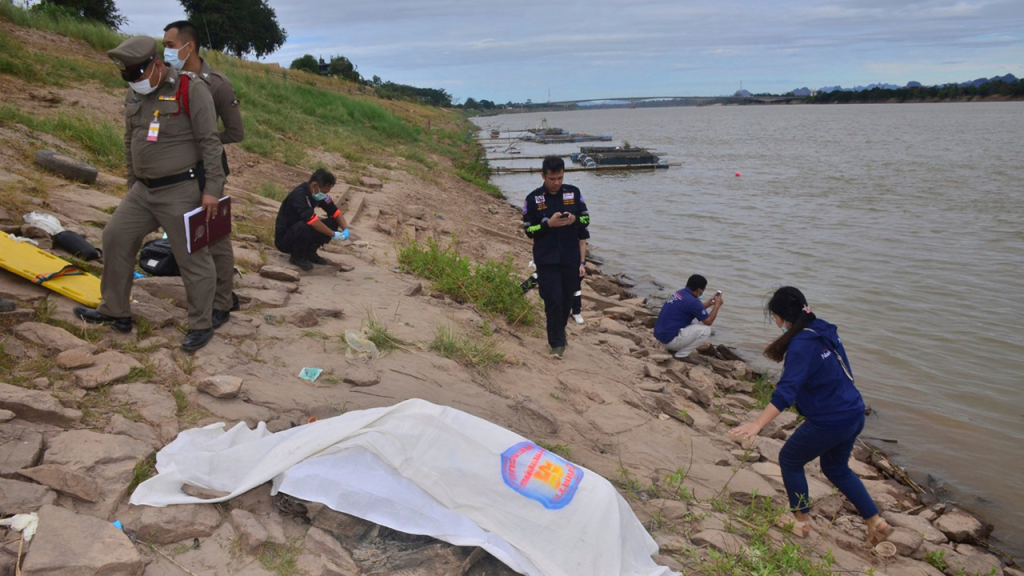Human Rights Watch has called on Thailand to stop sending political dissidents back to their home countries where they could face persecution or even death, in violation of international law. The group documented cases of dissidents, including Cambodians awaiting resettlement, being expelled by Thai authorities. The report also alleged that the Thai government collaborated with neighboring countries to spy on dissidents, leading to cases of abduction, forced disappearance, or killing. This practice, known as “swap mart,” reportedly increased after a military coup in Thailand in 2024, which eventually led to a civilian government taking power.
The report highlighted the need for the Thai government to investigate these allegations of harassment, surveillance, and forced returns of asylum seekers and refugees within their borders. The Director of Human Rights Watch’s Asia Division called on the Srettha administration to address these issues and differentiate itself from its military-led predecessor. The Thai government’s candidacy for a seat on the U.N. Human Rights Council was also mentioned as a reason for the government to take action to protect human rights and uphold its responsibilities.
Several cases of Thai activists disappearing or being killed in Laos and Cambodia were documented in the report, including two activists whose mutilated bodies were found in the Mekong River and one who was abducted in Phnom Penh and never heard from again. Thai authorities have consistently denied any involvement in these incidents. The practices outlined in the report were compared to those of autocratic governments in Latin America in the late 1970s and 1980s, where governments collaborated to eliminate political opponents on each other’s soil, regardless of ideological differences.
The report, titled “We Thought We Were Safe,” analyzed 25 cases that occurred in Thailand between 2014 and 2023, revealing a pattern of violations of international law and human rights. The forcible repatriation of Cambodians, suspected involvement of Cambodian security personnel, and tracking down of dissidents from other countries were all part of the evidence presented in the report. The practice of trading foreign dissidents for critics of the Thai government, as well as the alleged cooperation with neighboring countries to spy on dissidents, raised concerns about the safety and security of dissidents seeking refuge in Thailand.
Human Rights Watch called on the Thai government to end the practice of forcibly returning dissidents to countries where their lives may be in danger and to investigate the disappearances and killings of Thai activists in neighboring countries. The role of the Thai government in these incidents was questioned, and the need for accountability and respect for human rights was emphasized. The report underscored the responsibilities of the Thai government as a member of the international community and as a candidate for the U.N. Human Rights Council to uphold human rights standards and protect those seeking safety within its borders.


